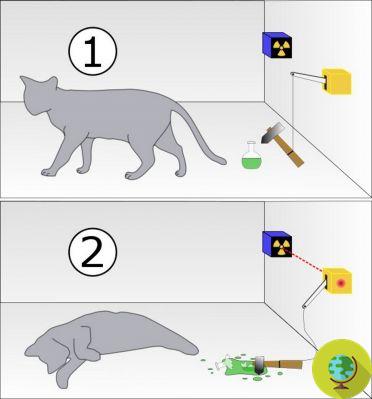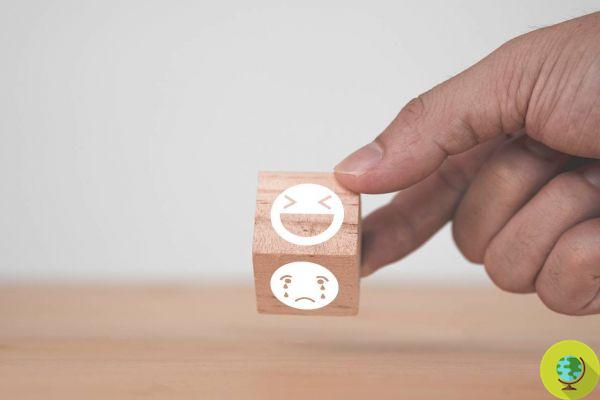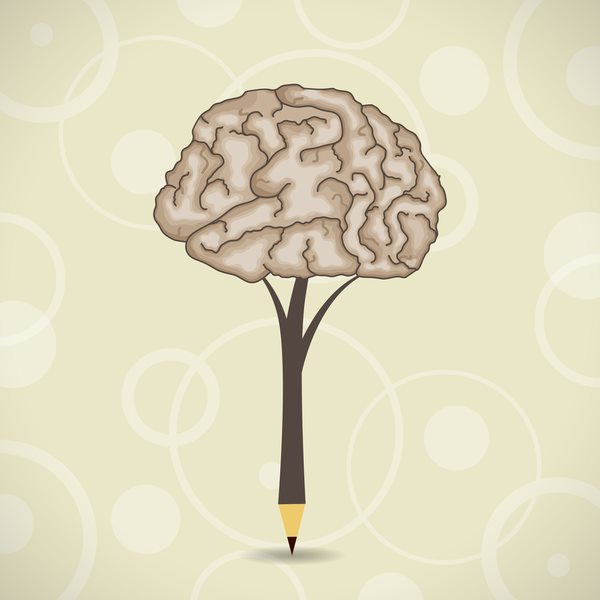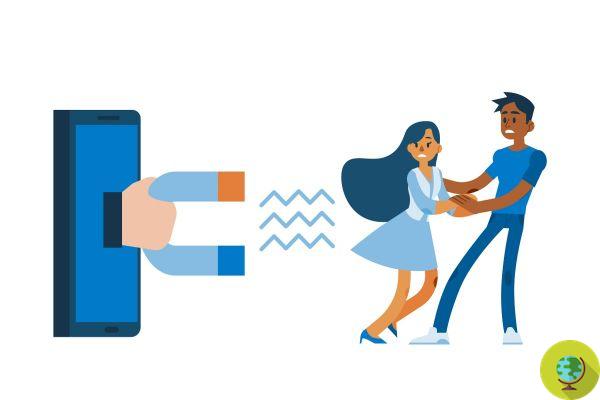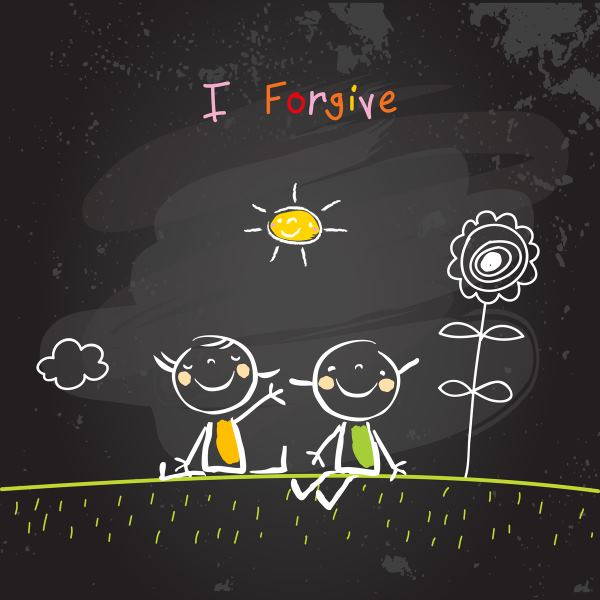
Active listening and empathy help to raise children emotionally and affectively stronger; facilitate communication and conflict management.
Don't store avocado like this: it's dangerousActive listening, empathy: these strangers. Most people, at least. Yet perhaps today as never before they would be useful, and a lot: not only are they the necessary basis for a authentic dialogue, at all ages, in every situation (personal, professional) but they are powerful tools for overcoming conflicts, polarizations of opinions and opinions.
Dell 'empathy, of course, enough is known. At least in theory (then practice is something else: the ability to understand a person's mood and emotional situation, perhaps even without resorting to verbal communication, requires a voluntary effort of attention, presence, orientation to the other , respect and authentic listening without prejudice, coming out of personal convictions). L'active listening instead, it requires to come out of one's convictions in order to be truly "with" the other, at the same level, with a loving, respectful attitude.
True, it's not easy, basically for one reason: we don't have much direct experience, no one has ever taught us. And it is a great pity because, as he pointed out Carl rogers in the book "A silent revolutionary": "those who have been listened to" actively "mature emotionally, open up to experience, are less defensive, become more accepting and less authoritarian". Wonderful prospect, don't you think?
Since it's never late, we can start doing it now too: really listening. The people we meet, all of them and - even more so - those we love. Starting with the little ones, whether or not they are our children: even lowering ourselves, physically, to their height, looking them in the eyes while we talk to them and while they talk to us, so that they can understand that we are really listening to them, with respect, not only in words. but also in the emotions they transmit. Or that we want to pass on, in the loving and constructive teachings that we feel are useful to them, as suggested by Thomas Gordon. A bit like Kate and William of England do, even on public occasions, with their royal children.
Three "tricks" they can help us in active listening:
- position yourself at the level of the other (symbolically but, if possible, also physically on the same level).
- slow down communication: helps to get out of reactive automatisms, gives space for reflection and time for a global perception.
- make creative use of all'turtle exercise: it is a question, in short, of expressing one's point of view and one's data only after having correctly summarized the point of view, sensations and data previously presented by the other interlocutor.
For those who want: good practice, good listening.
Anna Maria Cebrelli





